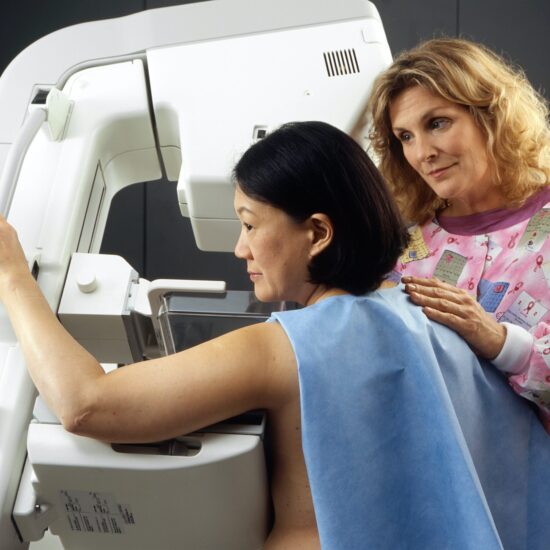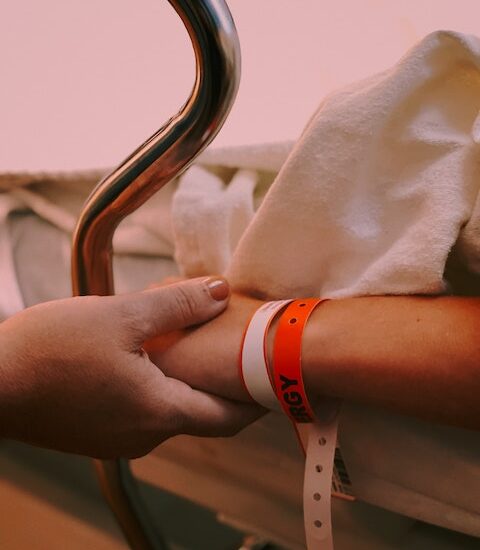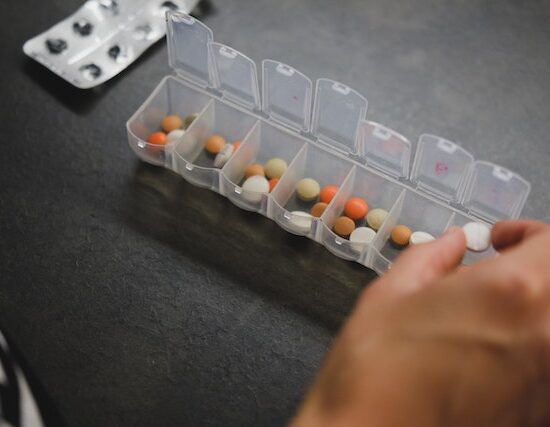This is a reposted from Primary Care Progress. CHMP and Primary Care Progress are celebrating Nurses Week together modeling collaboration and team. That’s the way we like it!
Shocked by a tense interaction she witnessed between a nurse and a resident, this nursing student saw the urgent need for nursing and medical students to learn to work together and communicate with each other.
After six weeks in the accelerated bachelor of science in nursing program at the University of Rochester, I was already on clinical rotations in the hospital. I was learning clinical functions that my second-year medical school friends had no idea how to perform: catheterizations, wound dressing changes, how to calculate and administer medications. There’s just not enough time in the first two years.
On the other hand, in the nursing program, our heavy clinical schedule doesn’t provide us much time to perfect writing SOAP notes (or subjective/objective assessment and plan), for example, which medical students practice every day. It was clear that we were each acquiring distinct knowledge and skills that we could share with each other — if given the chance.
I was living with several medical students, so we had what I learned would be a rare opportunity to share our knowledge with each other. I taught them how to administer different medications for their voluntary flu clinics and calculate medications. They taught me how to write an awesome SOAP note, how to perform more specific subjective and objective assessments, and ways to remember complex pathology and physiology concepts. Working together, we learned from each other and came to appreciate the unique skills that each of us could bring to patient care. However, I quickly learned that this type of cooperation didn’t always carry over to the hospital.
On rotations, I had personally witnessed an argument in which a nurse asked a resident if he could prescribe a different pain medication for a patient who had an adverse reaction to morphine, to which the resident asked, “Are you trying to override my authority?” I learned from other nurses that these types of interactions were unfortunately commonplace.
My roommates and I had been learning from each other that doctors and nurses bring unique, complementary knowledge and skills to patient care. Was I naïve to expect this resident to recognize that? Was it that he hadn’t had the opportunities for interprofessional collaboration and communication that I was creating for myself at home?
I always heard that “nurses eat their young” and about bullying among nurses of different levels. But we never even talked about relationships with physicians, neither the importance of them nor the potential challenges. I couldn’t imagine having an interaction like the one I had seen at the hospital with one of my roommates one day. But if my classmates and I didn’t gain experience communicating and collaborating with med students, an interaction like this could happen with any of us. I became determined to somehow help create opportunities for students across health professions to work and learn together.
That fall the medical school invited Dr. Andrew Morris-Singer to speak for National Primary Care Week. During his visit, Dr. Morris-Singer expressed interest in meeting with some medical and nursing students who were interested in primary care to discuss the possible formation of a Primary Care Progress chapter at the University of Rochester. Knowing my interest, one of my medical school friends invited me to the meeting. I was the only nursing student there. I wondered whether the medical students and faculty would agree with what I had to say or whether they would even listen to me at all. I was just a nursing student after all. However, I swallowed my fears, shared my story, and expressed my concern over the lack of interprofessional experiences, communication and respect between nurses and physicians.
And I found that I was wrong to think of myself as “just a nurse.” I am an integral part of the health care team, and to my naïve surprise, many were listening and expressed interest in creating a PCP chapter to include both medical and nursing students. As a whole, we concluded that not only would a PCP chapter serve as a perfect vehicle for collaboration between the two schools, but also with the University’s enthusiasm for primary care, a PCP chapter would help create more interest in primary care and benefit the Rochester community.
Our PCP chapter is just getting started, but I’m happy to say that we have already begun to work together, nursing students and med students, on several community health initiatives. I’m excited about the future of our PCP chapter and its potential for facilitating interprofessional collaboration that will help improve the health of our community.
Karrah Hurd holds a B.A. from Franklin & Marshall College in Biological Foundations of Animal Behavior and Anthropology. Now at University of Rochester School of Nursing in the accelerated program, she is involved in the Street Medicine volunteer program for the homeless and helped open the program to nursing students. She is helping form her school’s interprofessional chapter of Primary Care Progress. She plans to pursue a master’s degree to become a family nurse practitioner.









